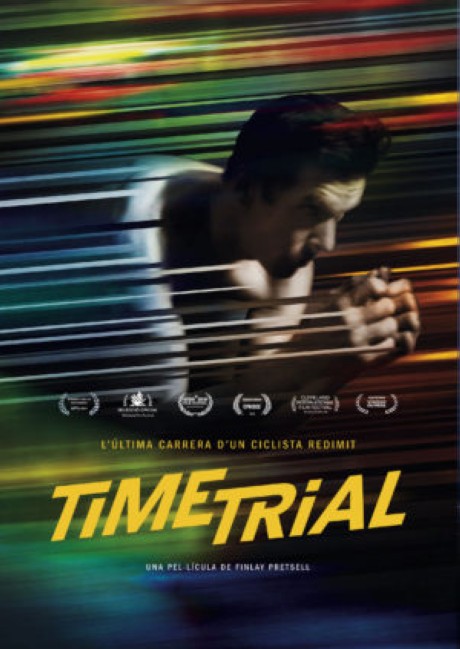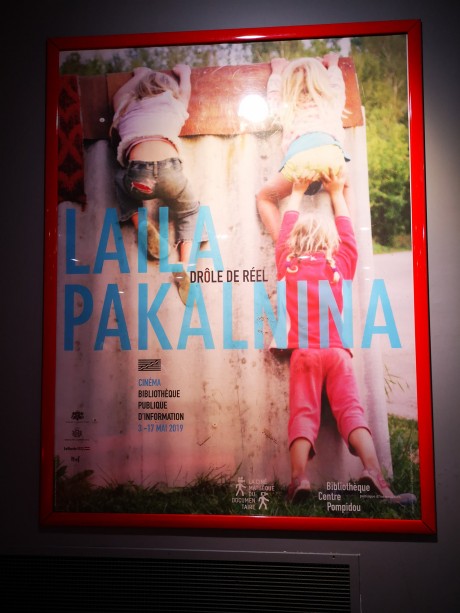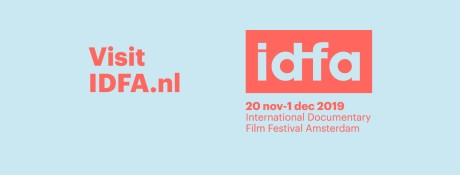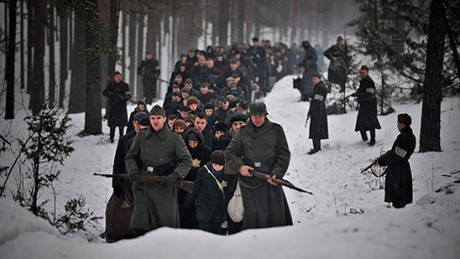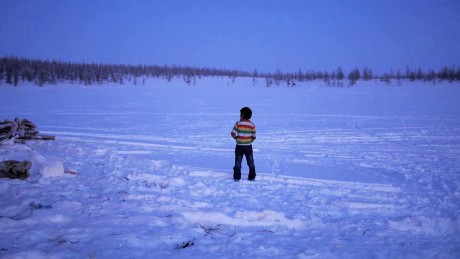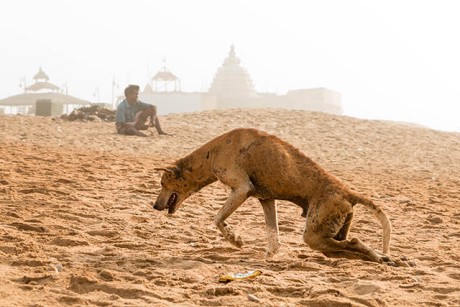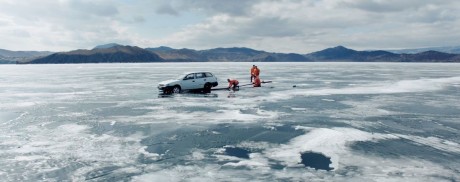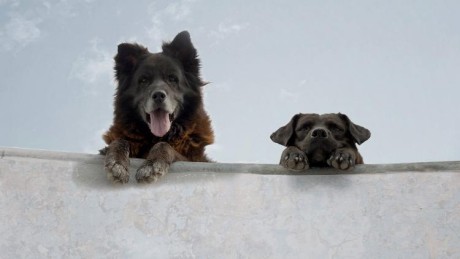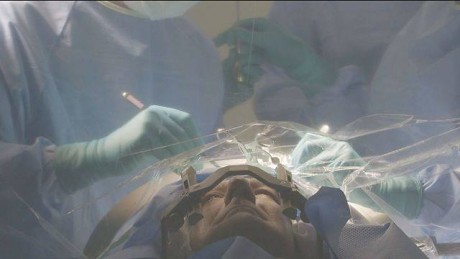Let me leave the floor to this very inviting and good festival itself with this quote from the website: KFF is one of the oldest events in Europe dedicated to documentary, animated and short feature films. Its core consists of four competitions of equal rank: documentary film competition, short film competition, national competition and music documentary film competition DocFilmMusic. During the eight festival days, the viewers have a chance to watch about 250 films from Poland and from around the world. They are shown in competition sections and in special screenings. The festival is accompanied by exhibitions, concerts, open-air shows and meetings with artists. Every year, the festival is visited by approximately 700 Polish and international guests: directors, producers, festival programmers and numerous Krakow audience…
… and it takes place in a historical city full of culture and atmosphere, and tourists, including the Jewish quarter Kazimierz with its memorials and restaurants, where I the last couple of years have dined with good friend, film director and producer and academic Krzysztof Kopczyński. Who made „The Dybbuk. A Tale of Wandering Souls“ in 2015.
To be on the mailing list of KFF that runs from May 26 till June 2 means that you can be very well informed: Finland is the guest country and of course “Gods of Molenbeek” by Reetta Huhtanen will be screened here as well as veteran icon Jörn Donner’s “Fuck Off 2. Images from Finland”, a sequel to the film Donner made about his country in 1971. Plus three more from the country that was nominated as the luckiest nation in the world. Check the website for more about the Finnish series.
On this site I have often characterised Polish documentaries as special in terms of storytelling aesthetics, so I am curious what comes up this year. The caption is “A Window to the World” and two new films taking part in the international competition are highlighted:
The website says “59. Krakow Film Festival will be opened on 26h May with a screening of “The Wind. A Documentary Thriller” directed by Michał Bielawski. The documentary showcasing the destructive force of the halny wind and the way it disrupts the lives of local inhabitants is one of the two Polish films, that will compete in the international full length documentary competition. The second one is “Of Animals and Men” directed by Łukasz Czajka, a dramatic story, filled with fascinating archive materials, of a married couple, the Żabinscy, who gave shelter to almost 300 refugees from the ghetto during the occupation until the break of the Warsaw Uprising.”
Otherwise there are films by directors I know from their previous films, like Marcin Sauter, Marcin Polar, Wiktoria Szymańska and Belorussian Andrei Kutsila’s Polish film “Summa” (http://www.filmkommentaren.dk/blog/blogpost/4410/),
and to my pleasant surprise I see that Russian Alina Rudnitskaya together with Sergei Vinokurov has finished “Fatei and the Sea” as a Polish, Russian, Finnish coproduction.
Festival director Krzysztof Gierat is a proud man, when he presents the Panorama section: In the Panorama of the Polish document section, we are bragging with what is the bestand, the most original in Polish production. It is, next to the competition, the most powerful presentation of our documentary thought, which is admired and even envied at international festival. It is here, in Krakow, that international careers often start… no doubt he is right.
And some words about the international competition, where I am very happy to see American Jesse Alk’s “Pariah Dog” (PHOTO) that was at the rough cut of DocsBarcelona last year but did not make it to the Panorama section of that festival. It is visually a very strong film and touching it is in its portraits of brave people in Calcutta taking care of the street dogs. As – many times mentioned on this site – does “Wongar” of his dingos in the film of Serbian Andrijana Stojkovic, http://www.filmkommentaren.dk/blog/blogpost/4137/
And Geyerhalter’s “The Border Fence”, http://www.filmkommentaren.dk/blog/blogpost/4437/, „Kabul, City in the Wind“ by Aboozar Amini, http://www.filmkommentaren.dk/blog/blogpost/4398/, and “Heat Singers” by Nadia Parfan from Ukraine that I met at Baltic Sea Docs as a project and later at a rough cut stage –
and again a quote from the website “The Israeli films have a strong representation at this year’s Festival. “Advocate” (dir. Rachel Lech Jones, Philippe Bellaiche) is a film portrait of an exceptional lawyer, who devoted her whole professional life to the fight for human rights. Lea Tsemel, an Israeli woman, have been endangering her own life as well as the lives of her family for the past 50 years with her tireless court defense of Palestinians accused of being terrorists. Unes, the protagonist of the “Around The Bed of A Dying Collaborator” (dir. David Ofek, Tal Michael) is considered to be a traitor by his kinsmen, just like Lea. Years ago he brought shame to his Arab family when he agreed to co-operate with the Israeli secret service. In the face of death he struggles with fear, shame and guilt… Two films I am looking forward to see.
https://www.krakowfilmfestival.pl/en/



